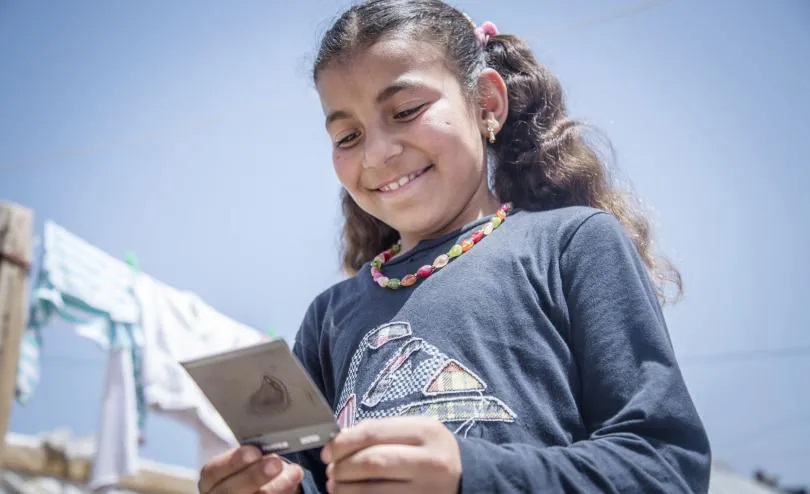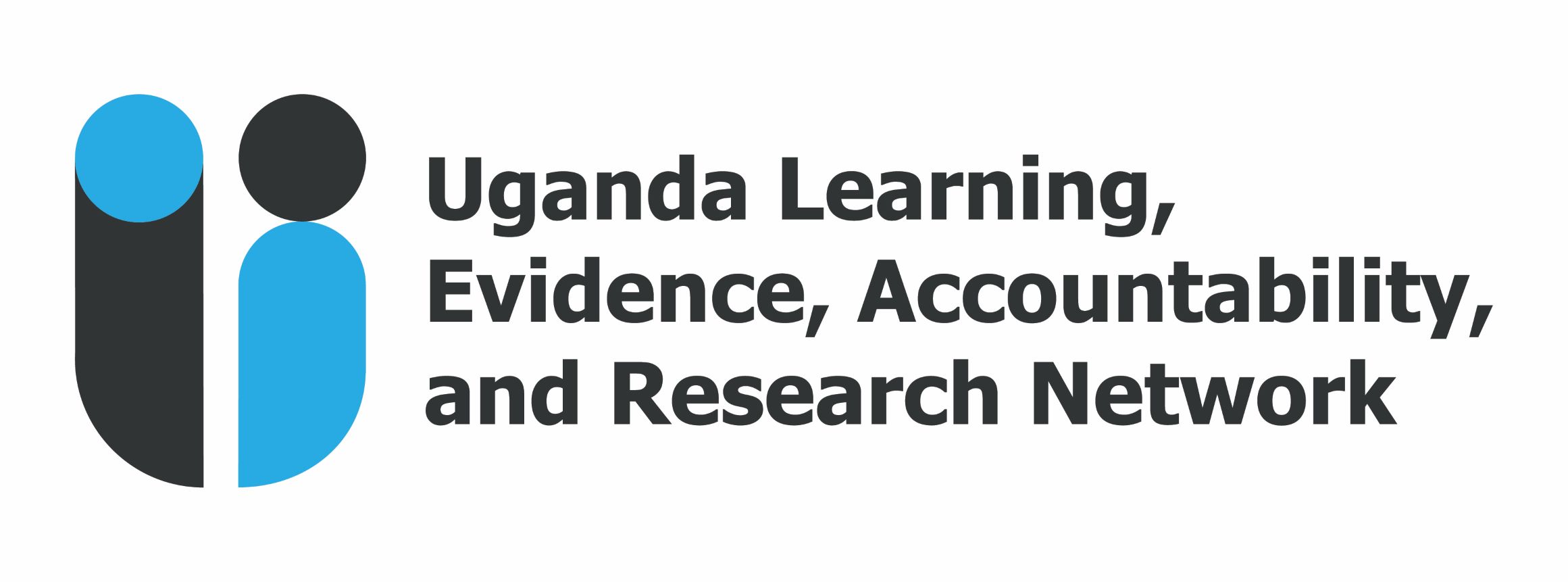
16 Jul “We Can Speak Up for Ourselves”: Why we need to listen to child refugees’ voices
by Inger Ashing, Chief Executive Officer (CEO) of Save the Children International and Seedra, 14, Syrian refugee girl living in Lebanon.
This article is reposted with permission from the Save The Children Blog
This week, governments and representatives of the international community will meet virtually to take stock of progress made and maintain the momentum towards achieving the Global Compact on Refugees. The Compact is a cooperation framework agreed in 2018 to support refugees and host communities across the globe.
Around the world, 33 million children have been forced to leave their homes have limited access to healthcare, education, protection and their other rights. Children make up half of the total refugee population, and many have spent a significant portion of their lives as refugees.
Seedra shares why it is so important that we listen to the voices of child refugees:
“I would like to thank all the countries and the parties who signed the Global Compact on Refugees.
This compact that recognizes the problems that refugees and people on the move suffer from with the intention to support them, and to enhance their health, protection, and resilience especially in the light of the pandemic.
Unfortunately, after 3 years of endorsing the compact, the reality still far from the intended outcomes and we witness huge regress in achieving them. The situation gets worst in Lebanon, and especially for refugee girls, not because of the pandemic only, but because of the economic situation in the country that is affecting not only refugees but all as well.
Where I live, a lot of refugee children are struggling to go to school because of increase in prices. Our families who lost their jobs due to the pandemic and the economic prices can no longer afford to pay for our school tuition, stationary and transportation.
The problem compounded with tradition and customs that differentiate between girls and boys, have left many girls my age subject to school dropout and early marriage. A lot of boys are forced to work.
As children, our rights to health, medicine, and nutritious food have been highly affected.
On the anniversary of this compact, and a few weeks after global child day, I would like to raise the voice and demand to protect the basics rights of refugee children.
- We want you to listen to us when you design your programs and ask us when you assess our needs. We can speak up for ourselves.
- We want you to invest in our health, development and education.
- We are the adults of tomorrow's society, and if you want development in the future, we advise you to invest in us and make our needs a priority.
Besides the long-term impact of that, please remember that this is our right.
I hope that we, as children, will start to see the results of your great endeavours in our daily lives so that they do not just remain ink on paper.”
Inger Ashing, shares her reflections on the importance of listening to child refugee's voices.
Seedra is raising crucial challenges that we need to address head on. Refugee children face unique vulnerabilities and barriers compared to adult refugees, and the impacts can affect the rest of their lives. For example, refugee children in Cox's Bazaar and Uganda have told us how, by not having access to education, or receiving appropriate certification for their education, their futures can be limited.
When a child is displaced, not only do they suffer a lack of access to adequate education, but also a lack of access to child protection and key services such as healthcare or mental health support – limiting their wellbeing, livelihoods, and ultimately their futures.
The COVID-19 pandemic has exacerbated the dangers and hurdles that children in refugee situations face, including making it harder to access good quality education, and increasing the risk of violence, abuse, exploitation and discrimination.
As Seedra highlights, children's voices and demands are rarely heard, and their specific needs are often overlooked in refugee responses, despite the high proportion of child refugees, and the unique vulnerabilities that they have.
Under the UN Convention on the Rights of the Child, all children have the right to be heard and to participate in decisions that affect them.[1] The Global Compact on Refugees, explicitly refers to this fundamental right of children and calls on states and other stakeholders to contribute to the promotion of the meaningful participation of all refugee people, including children.[2]
Not only is it children's right to participate, but their voices can strengthen refugee responses. Children are the real experts on their own lives and experiences, and can offer innovative solutions to the problems that they face every day. Consulting children like Seedra is a vital step towards ensuring child refugees are better protected, and that no one is left behind.
Governments and other relevant stakeholders must commit to placing children at the core of their refugee responses and to supporting refugee children to meaningfully participate at all levels.
Child participation needs to start at the national and sub-national level, be reflected at the High-Level Official Meeting and further developed at the upcoming Global Refugee Forum planned for 2023. All stakeholders – including UNHCR, member states, NGOs, and children's groups need to work together to ensure children's participation.
We cannot afford to ignore the voices and the needs of almost half of the world's refugees especially in processes designed to protect them. Child participation is not just a nice add-on, it is essential accountability to all refugee children.
[1] UN Convention on the Rights of the Child https://www.unicef.org.uk/what-we-do/un-convention-child-rights/
[2] Initiative for Child Rights in the Global Compacts, 2019. Enhancing the Protection of Children and Promoting Child-Focused Pledges and Good Practices to Advance the Objectives of the Global Compact on Refugees, https://www.unhcr.org/uk/events/conferences/5da819547/enhancing-protection-children-promoting-child-focus-pledges-good-practices.html


